INTRODUCTORY WORD OF THE CHAIRMAN OF THE BOARD
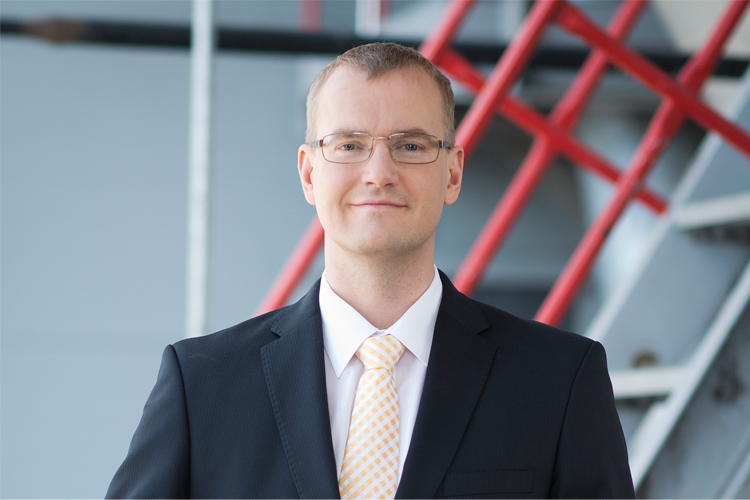
Chairman of the Board
The year 2014 was an anniversary year for Viru Keemia Grupp concern. On 24th December 90 years since Shale Oil production has started in Kohtla-Järve were celebrated.
Looking back to these ninety years we can say that Oil Shale production has always been characterized by the excellent technological development during different political times. Oil shale products were produced for the first time in 1924, then during the period between 1950´s – 1960´s - oil shale gas was mainly produced, which was sold to Tallinn as well as to Leningrad. Today, only a few people can still remember that Raua Street Sauna and Liviko Factory were the first buyers of oil shale gas in Tallinn. After that, when the production of oil shale gas was finished due to its uselessness, our enterprise went back to oil shale production.
During such a long history of our enterprise both a number of rapid development stages and the biggest oil market crises took place. It is worth mentioning that the first 74 years of our important past, the company was a State Enterprise, and only for the last 16 years, after the privatisation process, it has been based on privately owned capital.
At the end of 1997 the state privatised the state enterprise RAS Kiviter stating that the future investor would contribute to technology, the growth of working places and would also solve important environmental problems. Today, in our anniversary year we can state, that VKG has been a good partner for our country. During the last 9 years our concern has created more than 1200 well-paid working places in Ida-Virumaa. The concern employs 2300 people. Within the whole period after the privatisation VKG has invested about 8, 000 000 euro into the production modernisation, such as mining, new oil factories, energetics. In addition, we have been successfully dealing with environmental problems such as water treatment, waste discharge, emissions to the air, which were not solved before the privatisation of the state enterprises.
VKG fast development became a reality thanks to the effective implementations of the open communication as well as the sustainable development and the principles of social responsibility. Our whole massive investment programm is financed by a syndicate of three banks, which has been recently joined the forth one: the European Bank of Reconstruction and Development (EBRD). Over the last years these banks loaned VKG over 500 million euro. The financial support of EBRD is a kind of a pretigious quality mark, which demonstrates that the activity of VKG in the oil shale industry of Estonia meets all the high standards of the European Union regarding the sustainable delevopment and enviromental protection.
VKG has been one of the best partners for people during the process of Põlevkivi conversion. Our value chain, that starts with the newest and most up-to-date mines in Europe - Ojamaa Mine, also consists of three most up-to-date Petroter´s type oil factories, two power stations, district heating areas in two cities and electricity distribution network. In addition, we produce fine chemicals and resins from oil shale and also construction materials from the wastes. Taking all this into account, we can confirm that our value chain adds a great deal of value and a high tax contribution to the whole country. The analyses of PWC and EY carried out by the consulting firms show that VKG provides 1% for the Estonian GDP and covers about 1 % of the country´s taxation.
The constant development is the main feature of our enterprise and one of our three values. In addition to that, VKG is open to new knowledge, challenges and changes as well as development of the region. The third value, which is also considered as a very important direction of our enterprise, includes dedication to our production, our employees and the region, where we work. Unfortunately, the anniversary year has also brought some sad events. The sudden drop of the world´s oil market resulted in closing down 2 Kiviter-type factories and reduction in the number of our employees.
We have been trying to explain to our state, that the oil shale sector is very sensitive to both the prices of the world´s oil market and to the relations of CO2 trade, which have been recently put into effect. We believe that the value chain of oil shale can still grow significantly, if by performing the same amount of digging we can produce more expensive products and more construction materials from mineral wastes. Such a development is, of course, connected with large investments, which VKG is able to carry out with the state´s stable resource and tax policy support.
VKG fast development was possible thanks to our workers, who are the best specialists in their sphere and who have definitely deserved gratitude and recognition. Together with personal development we have done very important things and put into effect big investment projects. By keeping our promises and holding to the deadlines together with our technical professionalism we have deserved the respect from our investors. We are very grateful to you for that!

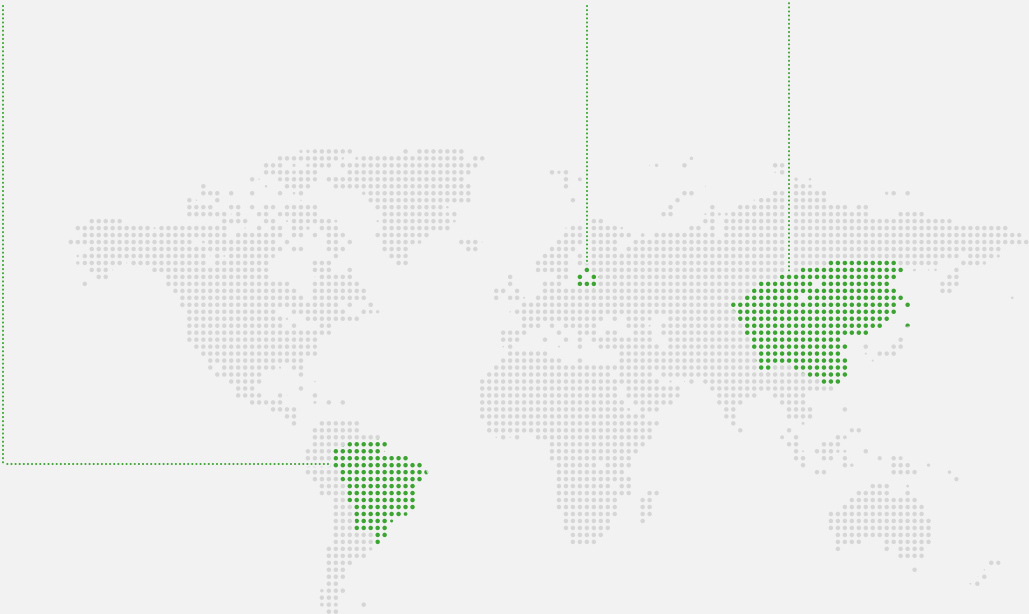



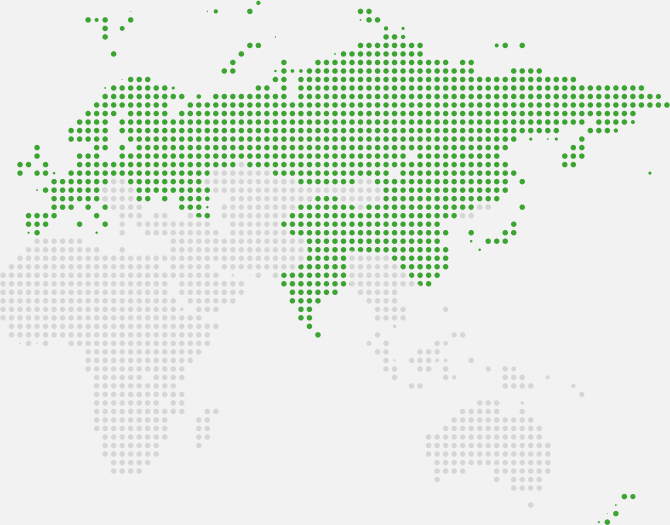
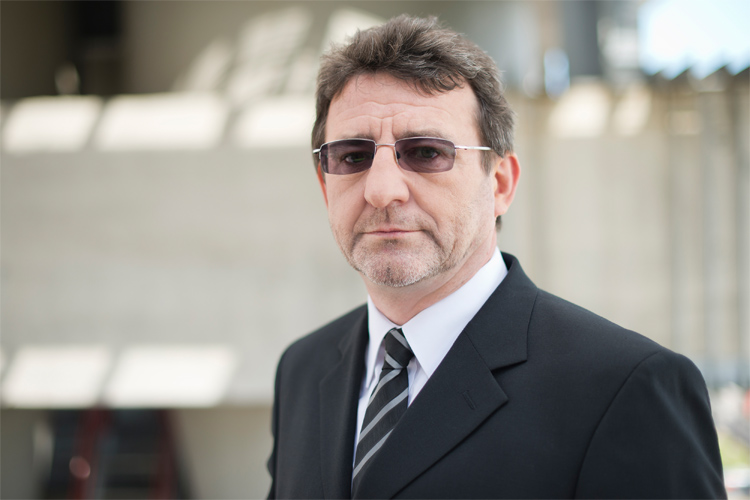
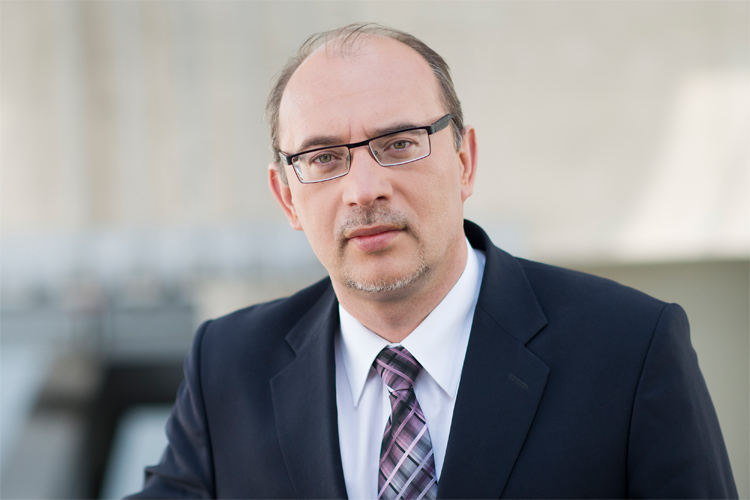
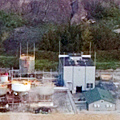
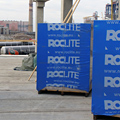
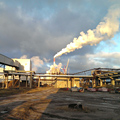


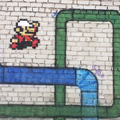
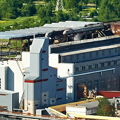
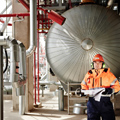
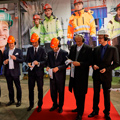
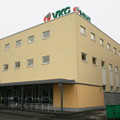
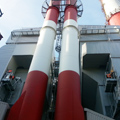
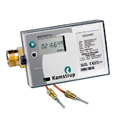
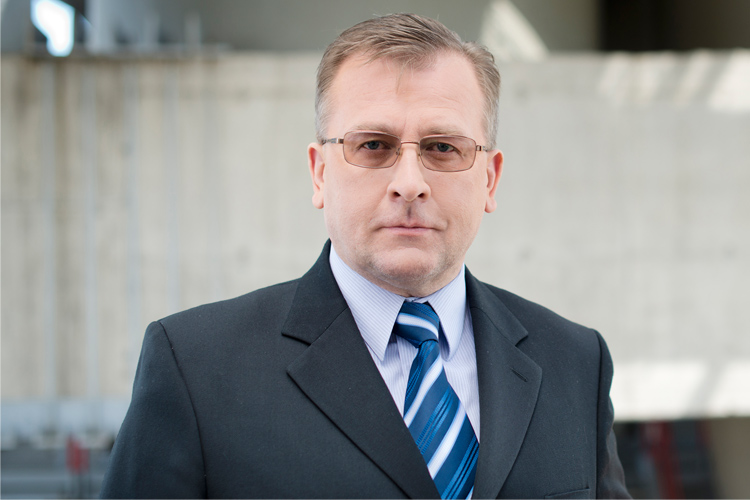
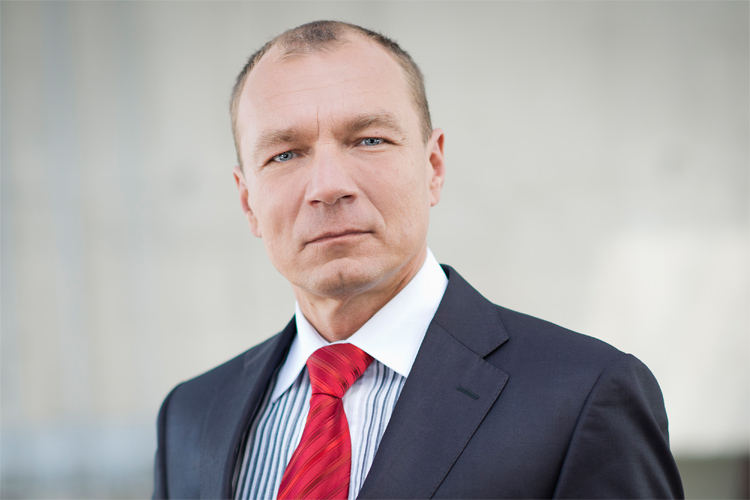
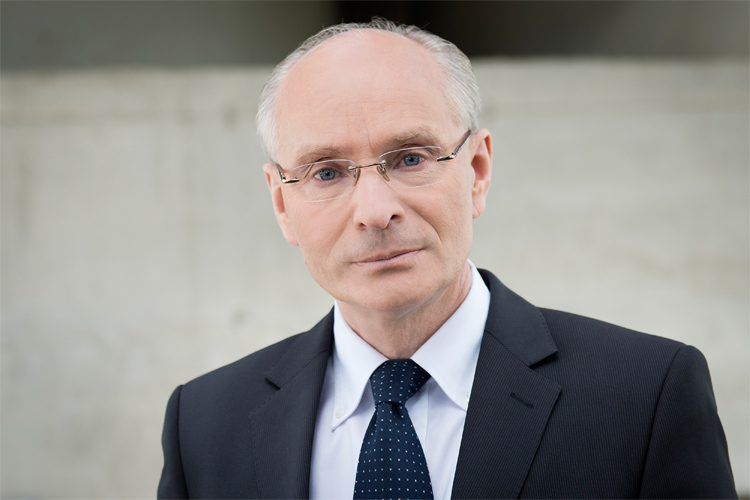
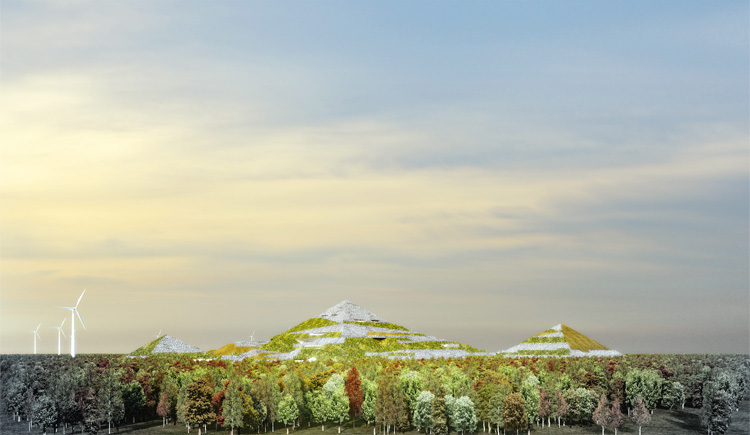
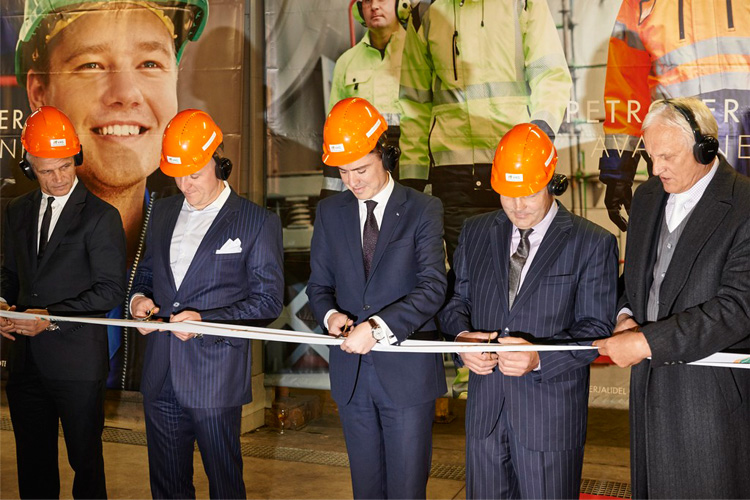
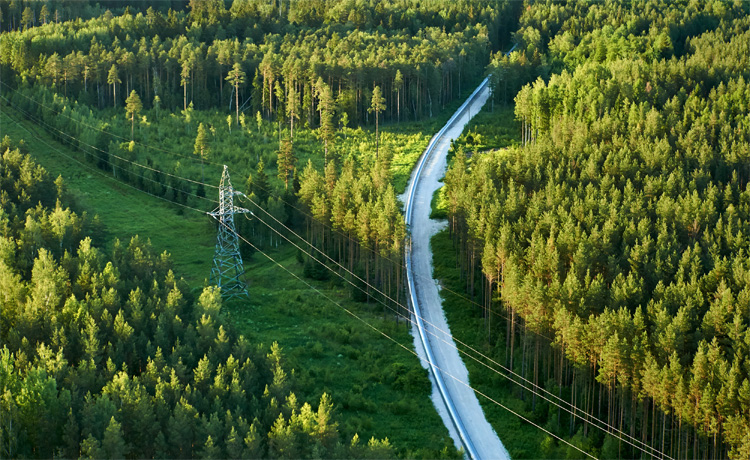
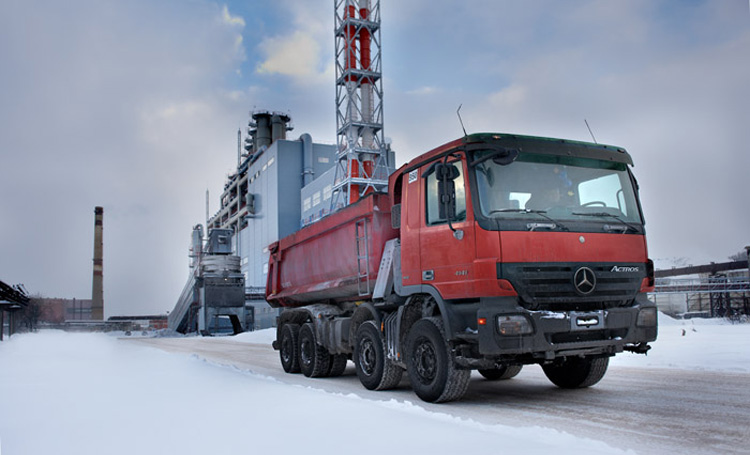
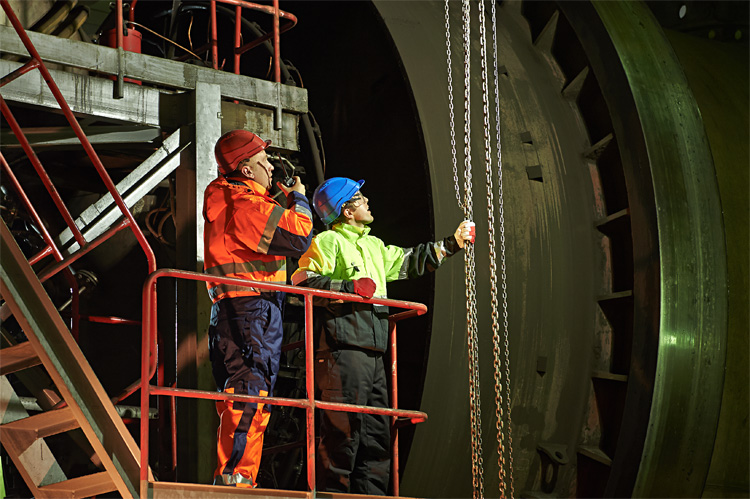
Social responsibility
The general priorities of the group within the framework of responsible entrepreneurship
Environmental Conservation
The goal of VKG is to eliminate or minimize industrial impact. In our activities, we are pursuing the aim of showing that a large industrial enterprise can also be socially responsible, environmentally-friendly, and use resources efficiently. The group makes the largest investments into environmental protection, which are also one of the most considerable in Estonia in general. We are planning to invest over 60 mln EUR into environmental protection by the year 2020.
Our employees
The employees are the most valuable asset of any modern enterprise. The group is really happy to have the employees that are as loyal as ours, who highly value the working environment and the workplace tools provided by the company as well as motivation packages, extra bonuses, and the fact that we are striving to preserve industrial traditions. VKG’s commitment to its employees manifests itself through numerous initiatives. Among them we can name the traditional annual events, such as the Miners’ and the Chemists’ Day, held by VKG. The “Thank You” event, in which we express gratitude to our former employees and other local people who have made their contribution into the development of the life of Kohtla-Järve and the entire region, has also become a tradition. The employees of the group are involved in charity and voluntary work. There is a strong trade union operating at the company, and the collective agreement has been concluded between the group and its employees.
Virumaa region where VKG operates
The priority of VKG is to support Virumaa and the social activities beneficial to the organizations that operate here, to its people and local associations. The group pays special attention to the development of the region, keeping in touch with the local authorities and citizens. VKG provides support to important projects contributing to the development of local life. The aim of VKG is to invest a part of the profit it earns back into the region where it operates.
Education, culture, and sport
VKG supports both nationally important organizations and small scale local events. Special attention is paid to sports, cultural, and educational initiatives. A number of important cultural projects were implemented in cooperation with Eesti Kontsert (Estonian State Philharmonia), Rahvusooper Estonia (National Opera “Estonia“), the largest Estonian art schools. Every year, in cooperation with Jõhvi Kontserdimaja (Jõhvi Concert Hall), VKG helps to hold one of the largest and the most colorful cultural events in Ida-Virumaa, namely the Jõhvi Ballet Festival, which is becoming increasingly popular outside of Estonia as well.
VKG has also started several of our own initiatives to promote local life
Virumaa photo competition “You are beautiful, Virumaa!”
www.vkgsoojus.ee/konkurssThe competition is judged by Evelin Ilves and Kaupo Kikkas.
Electrical safety campaign for children
www.vkgev.ee/lasteleThe aim is to teach children at kindergartens and primary schools of Ida-Virumaa the basic rules of using electricity and electrical equipment.
Miners’ Day
www.vkg.ee/est/sotsiaalne-vastutus/vkg-regiooni-heaks/traditsioonilised-uritusedThis event is a manifestation of respect and a deep bow to all miners and local people. In cooperation with Eesti Energia.
Chemists’ Day
www.vkg.ee/est/sotsiaalne-vastutus/vkg-regiooni-heaks/traditsioonilised-uritusedAnnual public celebration held at the initiative of VKG.
Involving the children of Ida-Virumaa into the historical “fiveschool” competition between the best Estonian schools
www.vkg.ee/est/sotsiaalne-vastutus/vkg-algatused/viie-kooli-voistlusIn cooperation with Hugo Treffner, Miina Härma, Nõo and Tartu Tamme gymnasiums and Jakobson School.
Communication between the Large Industry and the Local People
VKG is the first and so far the only Estonian enterprise which discloses all of its data concerning the use of resources and environment in conformity with the World Social Responsibility reporting standard GRI G3. In 2014 our sixth report was released.
VKG communicates with the local people open-mindedly. Meetings with the locals take place regularly, in the course of which the development trends of the group and the environmental issues are discussed.
One of the first Estonian people’s initiatives in the field of environmental protection also originates from Ida-Virumaa, namely the PurFest festival, the aim of which is to protect the Purtse River. VKG has been supporting and assisting the initiative for years.
Several times a year the group holds the so-called Open Doors Day, during which everyone can visit the production territory of VKG and to see with their own eyes how the modern industrial processes are running. We also offer an opportunity to arrange visits and excursions to our facilities to the students from comprehensive schools. In 2014 about 500 school pupils visited our production facilities.
Every year, on the last Thursday of May, the traditional Day of the Environment is held, which deals with one of the most important problems in the area. The event is visited by the most prominent figures of Virumaa and the whole of Estonia, by the local citizens and the people who are in charge of the environmental issues. In 2014 the main topic was heritage pollution.
The employees of the group take active part in charity and volunteer work. The group holds topic-based donation campaigns, tree-planting events and workshops, and supports orphanages in the district.
In addition to that, in 2014 VKG also supported the following events and organizations
Organisations
Ahtme Art School
Lüganuse John the Baptist congregation
Ida-Virumaa Sports Association
Jõhvi Culture and Hobby Centre
Kiikla Children’s Home
Kirderanniku Choir
Kohtla Mining Park and Museum SA
Kohtla-Järve Järve Gymnasium
Kohtla-Järve Järve Russian Gymnasium
Kohtla-Järve Cultural Centre
Kohtla-Järve Children’s Home
Kohtla-Järve Maleva Secondary School
Non-Profit Association “Alutaguse Ski Club”
Non-Profit Association “HTG Graduates Club”
Non-Profit Association “Külaselts KAI”
Non-Profit Association “Punnvõrr”
Non-Profit Association “Purtse River Development Center”
Non-Profit Association “Vajangu Firefighters society ”
Non-Profit Association “Tumemaine tuli”
Non-Profit Association “Vaba kunst”
Non-Profit Association “Virumaa Kultuurisõbrad”, Kukruse polar manor
Mäetaguse Kindergarten “Tõruke”
Porkuni School
National Opera “Estonia”
RSK “Jõhvikas”
Foundation of Ida-Viru Enterprise Center
Sports Centre “EVS Nimfeja”
Tae Kwon Do Club “Tekken”
Dance Group “Virulane”
Mining Institute of the Tallinn University of Technology
Events
Alutaguse ski marathon
Avo Talpas memorial competition
ELO winter games
Kiikla village sports day
Concert “Mõisatuled” at Maidla manor
Maidla Manor Days
Rescue camp for children Eurovision song contest of the students of the Tallinn University of Technology
Competition between five schools
VKG has been the main sponsor of the Estonian Wrestling Federation since 2005
VKG’s shareholders Priit Piilmann and Elar Sarapuu have consistently supported the Estonian Wrestling Federation and the Estonian wrestling team’s preparations for the championships and Olympic Games on behalf of VKG over the past ten years. VKG’s support of the sport’s development in the country will continue for at least the next four years.
Priit Piilmann was elected president of the Wrestling Federation in 2012.
Heiki Nabi
OLYMPIC SILVER MEDALLIST
2012 London Summer Olympics
VKG supports
EESTI KONTSERT (ESTONIAN STATE PHILHARMONIA)
VKG has been sponsoring Eesti Kontsert since 2009. In cooperation with the Jõhvi Concert Hall, VKG has established several initiatives for the promotion of local cultural life: Jõhvi Ballet Festival, Virumaa Photography Competition, Kaljo Kiisk Grant for young filmmakers. We have also held the Virumaa forest planting event together with the employees of both companies.NATIONAL OPERA “ESTONIA”
In September 2013, Viru Keemia Grupp became the main sponsor of the National Opera “Estonia”. Owing to VKG´s support, in November 2014, the Rimsky-Korsakov’s opera “The Snow Maiden” (Snegurochka) was brought to Estonia for the first time. The best leading opera singers in the world took part in the performance.ESTONIAN ACADEMY OF ARTS. TARTU ART COLLEGE
In spring 2012, VKG signed cooperation agreements with the two largest art universities in Estonia. The purpose of this cooperation is to create opportunities for students, which support the organization of studies as well as summer practice.Art Museum of Estonia
The cooperation between VKG and Art Museum of Estonia started in the beginning of 2014. The first project supported by VKG will be the fashion exhibition “A Moveable Feast. Art Deco Fashion Desing from Alexandre Vassiliev’s Collection” (10.10.2014—February 2015) in Kumu Art Museum. By coincidence, it perfectly appeals to the period in which the oil shale industry itself originated.